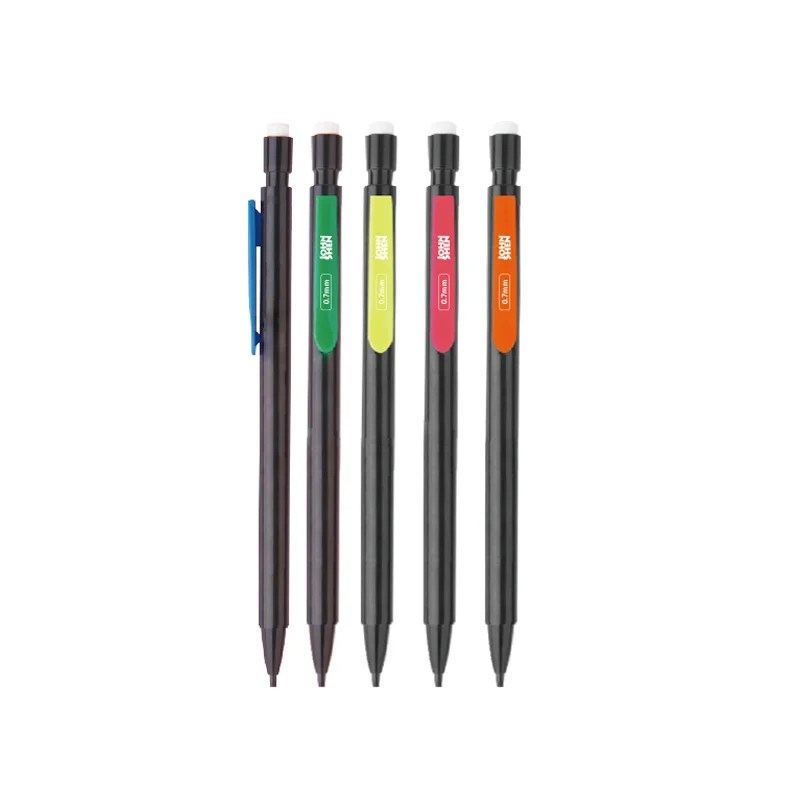When it comes to tackling mechanical tasks, whether in a professional workshop or a home garage, selecting the right wrench is crucial for efficiency and precision. With a plethora of options available, understanding the nuances of different types of wrenches can significantly impact your work quality and speed. This guide will delve into the essential factors to consider when choosing a wrench, ensuring you make an informed decision tailored to your specific needs.
- Understanding the Types of Wrenches
Before diving into the selection process, it's important to familiarize yourself with the various types of wrenches available:
- Open-End Wrench: This type features two different-sized openings at either end, allowing for quick adjustments. It's ideal for loosening or tightening nuts and bolts in tight spaces.
- Box-End Wrench: With a closed loop that fits over the nut or bolt, this wrench provides a better grip and reduces the risk of rounding off fasteners. It’s particularly useful for stubborn or rusted bolts.
- Combination Wrench: As the name suggests, this wrench combines an open-end and a box-end, offering versatility for various tasks.
- Adjustable Wrench: This wrench features a movable jaw, allowing it to fit multiple sizes of nuts and bolts. It's perfect for those who need a single tool for various applications.
- Torque Wrench: Essential for precision work, a torque wrench allows you to apply a specific torque to a fastener, ensuring that it is neither too loose nor too tight.
- Socket Wrench: This tool uses interchangeable sockets to fit different sizes of fasteners, making it a favorite among mechanics for its efficiency.
- Assessing Your Needs
When choosing a wrench, consider the following factors:
- Type of Work: Are you performing general maintenance, automotive repairs, or specialized tasks? Different jobs may require specific types of wrenches. For instance, a torque wrench is indispensable for automotive work, while an adjustable wrench may suffice for general household repairs.
- Frequency of Use: If you’re a professional who uses wrenches daily, investing in high-quality, durable tools is essential. For occasional use, a more budget-friendly option may be adequate.
- Space Constraints: In tight spaces, an open-end wrench may be more practical, while a box-end wrench can provide better leverage in open areas.
- Material and Build Quality
The material of the wrench significantly affects its durability and performance:
- Chrome Vanadium Steel: This is a common material for wrenches, known for its strength and resistance to corrosion. It’s a great choice for both professional and DIY applications.
- Chrome Molybdenum Steel: Often used in high-torque applications, this material offers superior strength and is less likely to break under pressure.
- Finish: A polished chrome finish not only enhances the aesthetic appeal but also provides resistance against rust and corrosion, making it easier to clean.
- Size Matters
Wrenches come in various sizes, and selecting the right size is critical for effective use:
- Standard vs. Metric: Depending on the fasteners you are working with, you may need either standard (imperial) or metric sizes. Having a complete set of both can save time and frustration.
- Range of Sizes: For versatility, consider a combination wrench set that includes multiple sizes. This ensures you have the right tool for any job without needing to make multiple trips to your toolbox.
- Ergonomics and Comfort
The design of the wrench can greatly influence your comfort during use:
- Grip: Look for wrenches with rubberized or textured grips to prevent slipping, especially during prolonged use.
- Weight: A lightweight wrench can reduce fatigue, but ensure it doesn’t compromise on strength. Balance is key.
- Brand Reputation and Warranty
Investing in reputable brands can provide peace of mind regarding quality and durability. Brands like Snap-on, Craftsman, and Tekton are known for their reliability. Additionally, consider tools that come with a warranty, as this can protect your investment and ensure you receive a quality product.
Conclusion
Choosing the right wrench involves a careful assessment of your specific needs, the types of tasks you’ll be performing, and the materials and designs that will best suit your work style. By understanding the various types of wrenches available and considering factors such as size, ergonomics, and brand reputation, you can make an informed decision that enhances your efficiency and effectiveness, whether you’re a seasoned professional or a DIY enthusiast. Remember, the right tool not only makes the job easier but also ensures that you achieve the best results possible.
